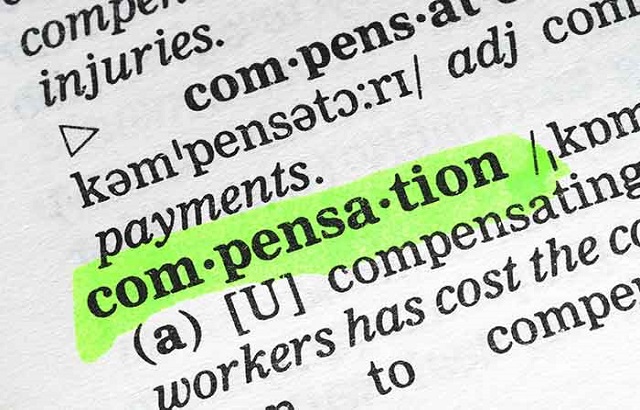The yearly sum that the Financial Services Compensation Scheme (FSCS) pays out to clients of firms that went bust keeps on rising.
According to the lifeboat scheme’s annual report for 2020/21, it awarded £584m ($805m, €680m) to consumers, a £57m increase from the £527m of the previous financial year.
That’s a jump of nearly 11%.
Compensation was paid to customers of 1,132 failed firms, of which 92 folded in 2020/21.
Keeping costs down
The lifeboat scheme said it continues to work on reducing its operational costs; with like-for-like claim handling expenditure falling by 3%, on top of the 8% reduction in 2019/20.
The FSCS has also turned to artificial intelligence and automation to keep its claims handlining costs down, a practice that saved approximately £9m.
Overall, nearly 32,000 claims were processed automatically, the scheme said.
The vast majority of clients (98%) filed a claim with the FSCS online, while those who came to the scheme directly received 100% of the money they were owed, it said.
Life insurance and investment intermediation
The FSCS levies for the last financial year were financed by 45,227 firms; most of which were part of the life distribution and investment intermediation segment, accounting for the biggest contribution of £240m, followed by investment provision (£161m) and general insurance provision (£120m).
The total levies for 2020/21 reached roughly £700m.
In terms of the £584m in compensation paid out last year, around £323m was given to clients of firms within the life distribution and investment intermediation sector, followed by investment provision (£130m) and general insurance provision (£111m).
Caroline Rainbird, the FSCS’s chief executive, said: “I am very proud of how our people smoothly adjusted to working from home early on in the first lockdown – without losing a day of service – and continued to put our customers first throughout the year.
“Receiving our highest-ever customer satisfaction score of 86% in a month would be a great achievement at any time. But to gain this in one of our busiest years and during a global pandemic is a tribute to the incredibly hard work of everyone at FSCS.
“In 2020/21, 92 firms failed and FSCS paid £584m in compensation. While I am proud of our response to the demands this presented, I am saddened that this represents more difficulties for consumers and a rising levy.”
Levy is ‘far too high’
Rainbird added that the ongoing London Capital & Finance case and the growing number of Sipp operators failing are the main drivers behind the rise in compensation costs.
She continued: “I have said before that the levy is far too high, and we must take swift action with the industry and regulators to tackle the causes of the increase. We have been looking at how we can use our data and knowledge to help provide solutions and are working closely with the FCA on this. We meet with the industry regularly to discuss how we can better understand why firms fail and help to reduce future levy bills.
“As well as putting forward policy proposals for better outcomes in the consumer investment market, we continue working with the wider industry in the fight against scams, sharing our unique data and knowledge with the FCA and others as appropriate to help identify and act against those profiting from consumer misery.
“All in all, 2020/21 has been a very challenging year. We still have a way to go to take the action needed to tackle the rising levy, as well as reducing consumer harm. I look forward to continuing to work with our regulatory partners, stakeholders and industry, and to seeing the progress we can make together this year.”








